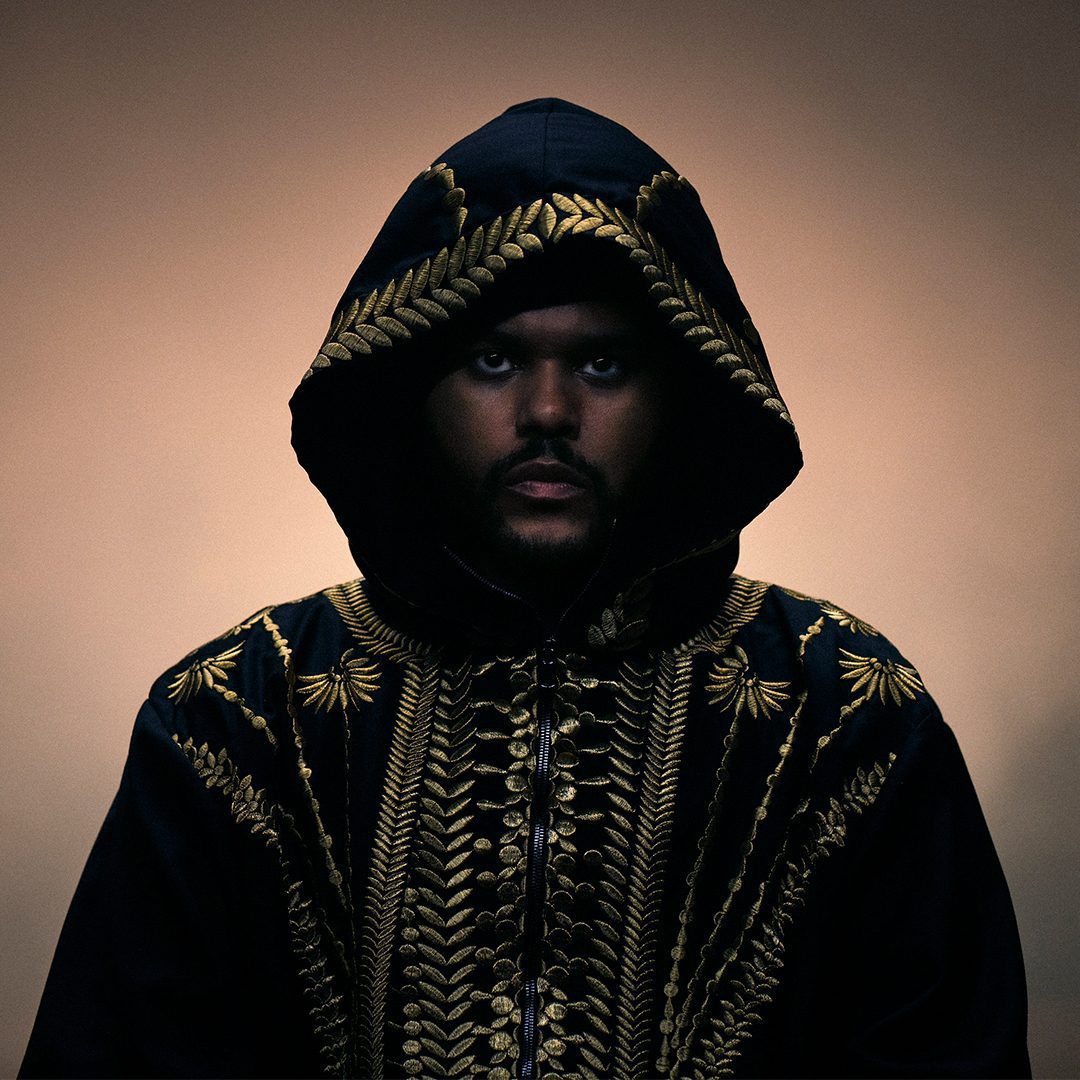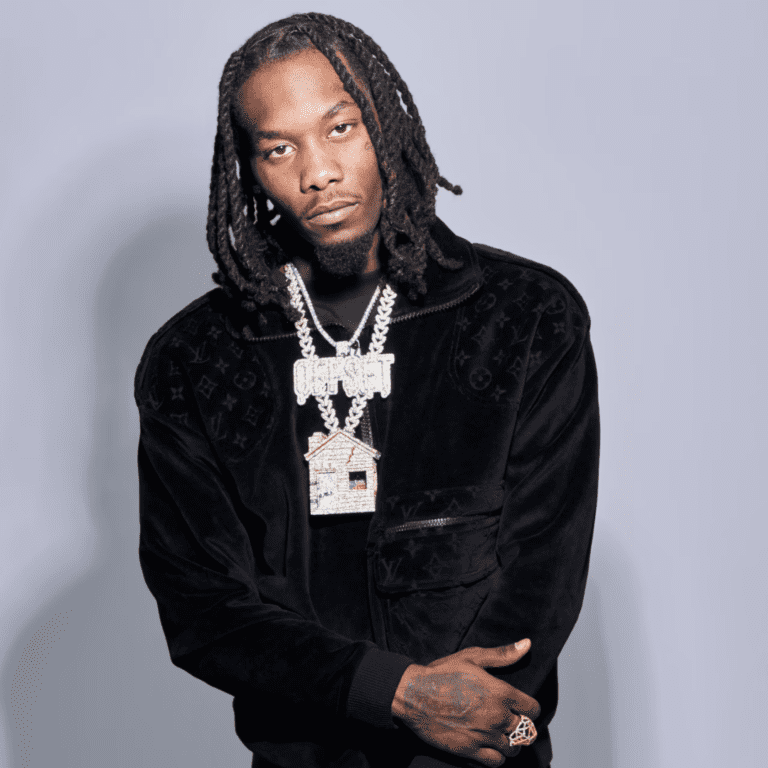Abel Tesfaye, known to the world as The Weeknd, has always blurred boundaries, but Hurry Up Tomorrow might be his most audacious leap yet. The project is more than an album, more than a film, and more than a tour—it’s a creative ecosystem, one where music, cinema, and live performance feed into each other to create something wholly original.
Dropping his first feature film the same week he launches another leg of his sold-out “After Hours Til Dawn” tour, Tesfaye isn’t just releasing content—he’s redefining the delivery system. Hurry Up Tomorrow, directed by Trey Edward Shults and starring Jenna Ortega and Barry Keoghan, isn’t some vanity project or glorified music video compilation. It’s a moody, psychological dive into a fictionalized version of Tesfaye himself, one that uses Jungian theory as its compass and shadowy aesthetics as its language.

Importantly, the film isn’t an afterthought to the January album of the same name—it actually came first, a move that signals just how tightly woven Tesfaye’s vision has become. The visuals and sounds were built together, but not dependent on each other. That’s what makes this project stand out: each piece—the album, the film, the tour—stands alone, yet together they form something greater.
Behind the scenes, the collaboration is just as ambitious. Lionsgate, Republic Records, XO, Live Nation, and CAA all worked in unison to support Tesfaye’s vision, avoiding the pitfalls of corporate overcrowding. What they built was more than a campaign—it was a platform for multi-dimensional storytelling.
Tesfaye’s commitment to creative risk mirrors that of Prince’s Purple Rain, another rare moment when pop music dared to transcend medium. And like Prince, The Weeknd isn’t chasing box office numbers—he’s chasing impact. With Hurry Up Tomorrow, he’s not just selling records or movie tickets. He’s building a mythology—and inviting us all to live in it.



